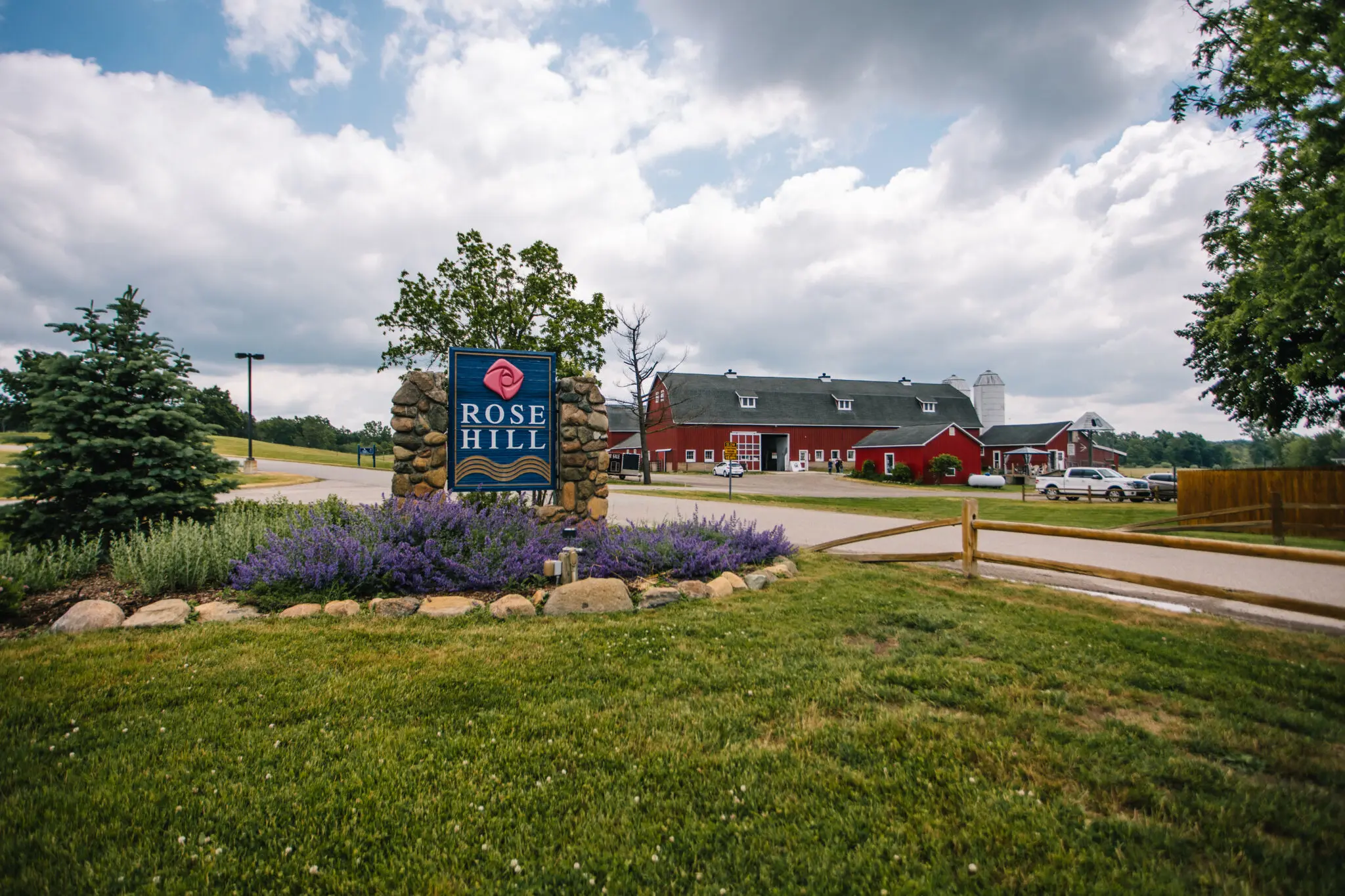When it comes to mental health care, residential treatment is a comprehensive and cutting-edge approach, in which individuals live at a specialized facility and fully immerse themselves in the recovery process. And unlike other programs, which may last for a few weeks or months, residential treatment centers typically serve patients for six to 12 months – giving them an extended period of personalized attention from mental health professionals, including psychiatrists, psychologists, therapists and other specialists.
What makes a long-term residential treatment center different?
As one of the nation’s leading mental health facilities, Rose Hill is a results-focused, long-term residential treatment center in Holly, Michigan, with a serene property spanning 400 acres. Delivering expert clinical care in a positive, therapeutic and peaceful environment, we help people with severe mental health disorders achieve a state of stability and develop life skills that give them confidence to thrive.
If you know treatment is crucial for your long-term recovery, but aren’t sure what type is best suited for your situation, read on to see what separates residential treatment centers, like Rose Hill, from the other options.
- A higher level of care – Outpatient and short-term residential services do not address the full treatment requirements for highly specific mental health illnesses, such as schizophrenia, schizoaffective disorder, major depressive disorder, bipolar disorder and borderline personality disorder. However, at our long-term residential treatment program, we do. Our work here begins by stabilizing a patient’s symptoms, then completing an intensive, comprehensive assessment period. From there, our multi-disciplinary team provides a range of evidence-based therapies, such as cognitive-behavioral therapy, dialectical behavior therapy and trauma-focused therapy, plus holistic approaches to care, including mindfulness, meditation and yoga.
- 24/7 attention – With around-the-clock supervision and access to care, residential treatment centers (Rose Hill included) are particularly helpful for those who lack adequate support at home or in their community. Designed to be immersive experiences tailored to each person’s unique needs, progress is closely monitored and evaluated, and help is always available.
- Unlimited peer support – Being surrounded by others who are struggling with similar issues can be incredibly powerful for patients, especially in terms of providing support and motivation. Many Rose Hill residents find valuable friendships and alliances that last well after leaving the facility.
- A complete focus on healing – In long-term residential treatment centers, individuals are fully immersed in the treatment process, in an environment where they can address the emotional, cognitive and behavioral impacts of their illness without any barriers to their care. Rose Hill patients get to take a break from their everyday lives, along with stressors that can trigger symptoms, and focus on becoming the absolute best version of themselves.
- The comfort of home – Gone are the sterile hospital settings. At Rose Hill, our residential treatment centers offer a rich experience with private housing, communal areas across campus, serene spots to connect with nature, fitness centers and cafes to boost physical wellness, and even work opportunities.
- Continued support and aftercare – Commitment to your well-being doesn’t end after you complete the program. It’s a lifelong endeavor. Professionals at long-term residential treatment centers want to help patients achieve the best, most sustainable outcomes, in which they’ve overcome their symptoms and developed skills to maintain their stability and independence. This often includes counseling, family education and care, continuing education, job placement and support, and post-treatment recovery plans.
Healing takes time, but with the right treatment, recovery is possible. To see if Rose Hill Center is the right fit for you or your loved one, contact us or submit a short screening survey. Our comprehensive psychiatric treatment and residential rehabilitation services are available for adults, ages 18 and older.









